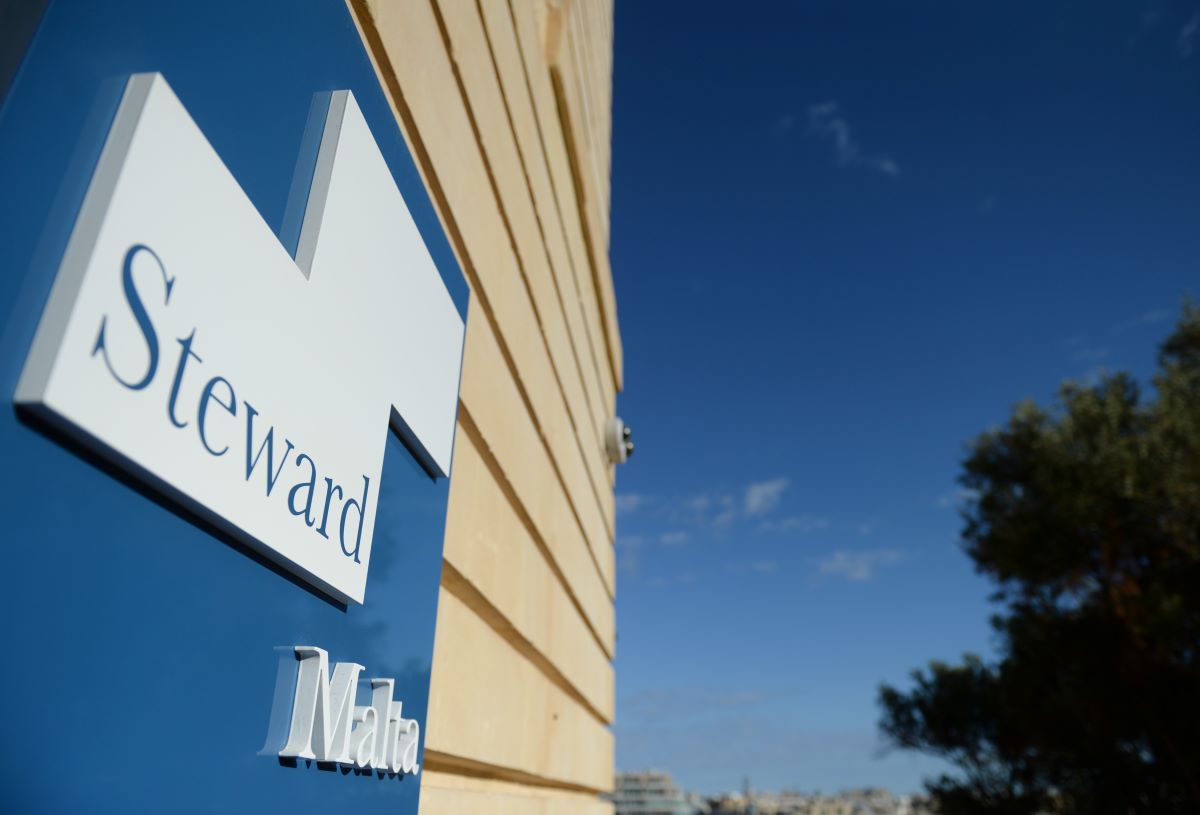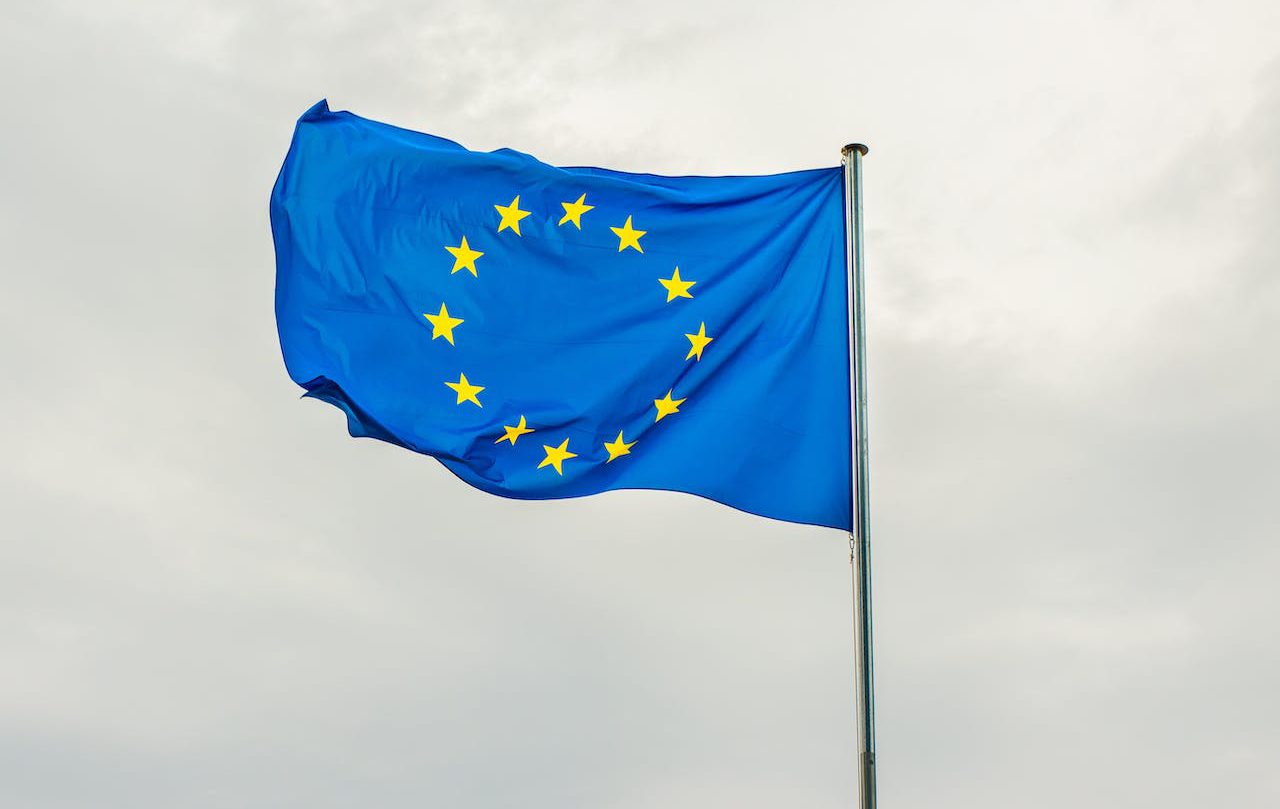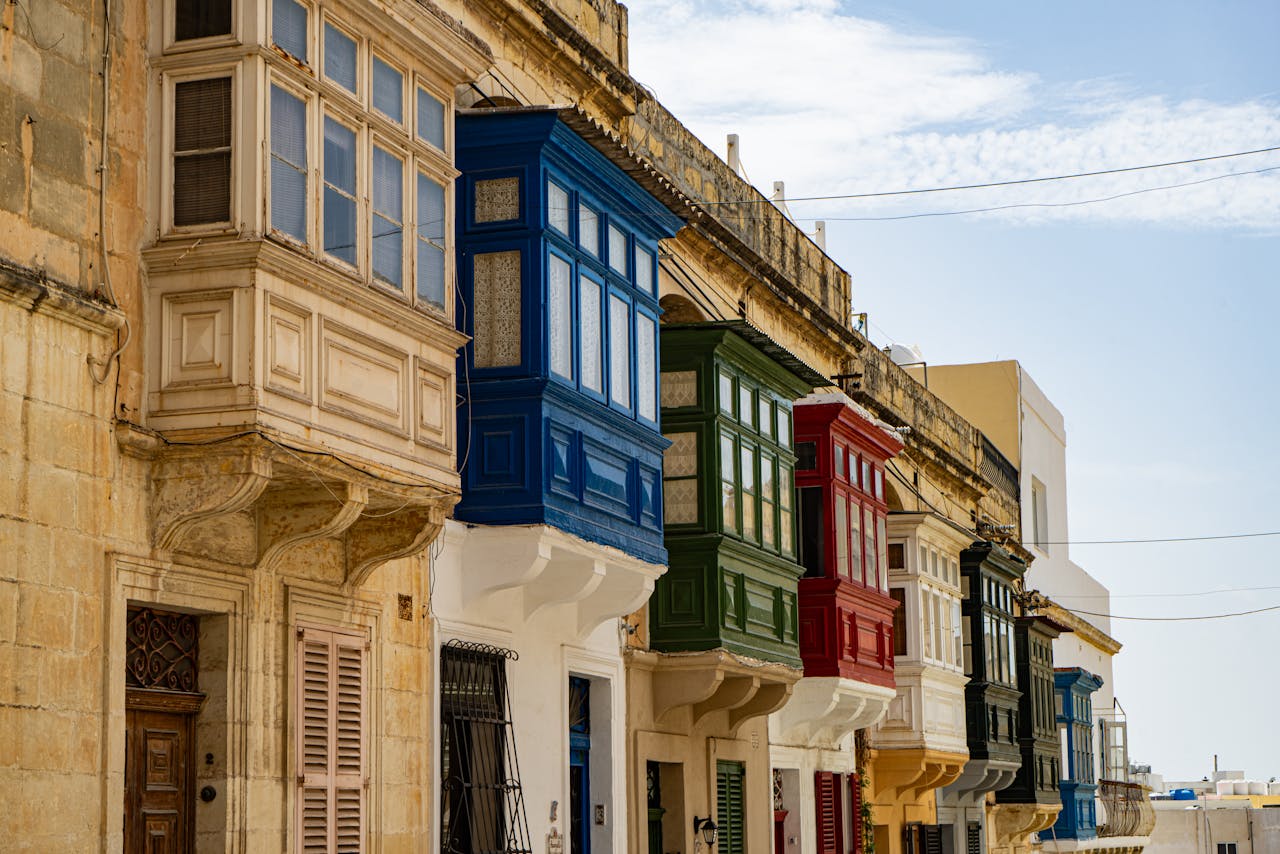Malta’s inflation rate dropped from 3.9 per cent in November to 3.6 per cent in December, even as the eurozone average increased from 2.4 per cent to 2.9 per cent over the same period.
Food, alcohol and tobacco remain one of the main pressure points, according to the latest update from Eurostat, with prices increasing by 6.1 per cent year-on-year across the euro area.
Prices for services also increased by four per cent.
However, the energy price shock continues to subside, with energy prices decreasing by 6.7 per cent in December after an 11.5 per cent drop in November. These drops how no direct effect on Malta, where energy and fuel prices have been fixed through generous Government subsidies.
The impact of food prices on local inflation is seemingly being tackled head-on by Maltese authorities, with a report earlier on Friday (today) that retailers are under pressure to commit to reducing the price of key products by 15 per cent.
Malta’s economy grows by 3.1% in first half of 2025, outperforming euro area despite slowdown
Meanwhile the euro area economy expanded by 1.3 per cent year-on-year
Europe must reinvent its growth model, Lagarde tells industry leaders
According to her, the region has become too dependent on other countries for its security needs and essential raw materials
New dwelling approvals surge by 110.3% in Q3 2025
When compared to the same quarter of 2024, the number of approved new dwellings increased by 110.3%






